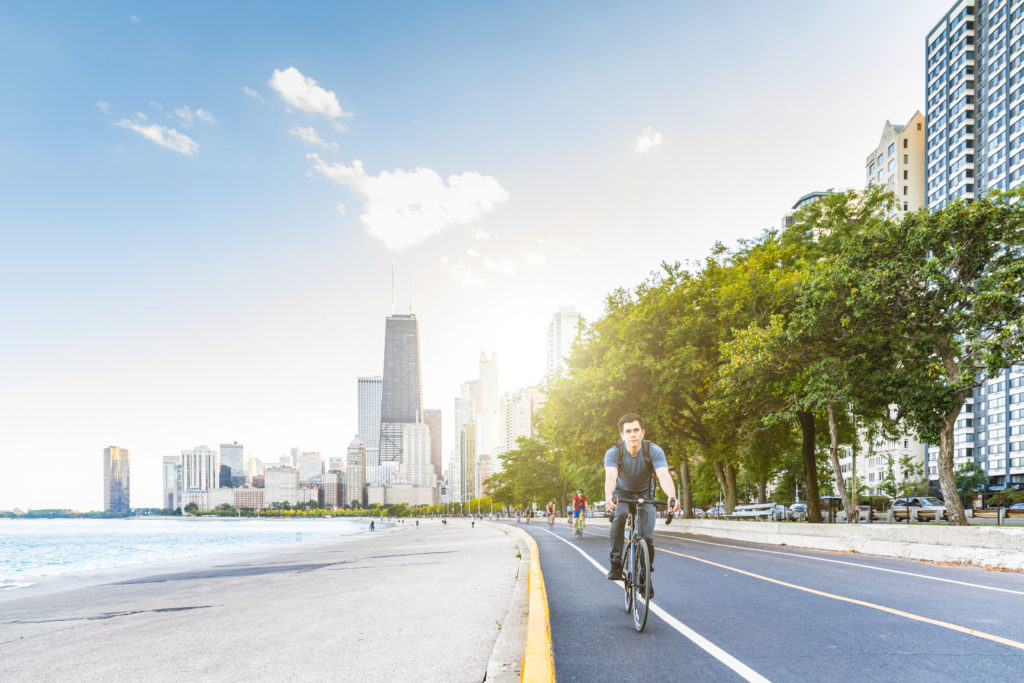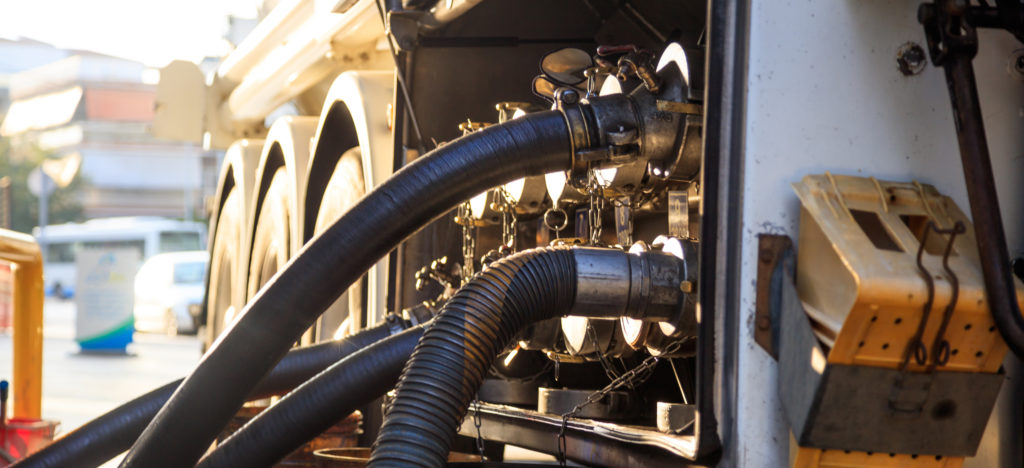Ride-sharing No Longer Delivering on its Promise

On June 7th, 2019, the Chicago Tribune reported on the impact that both Uber and Lyft have had on Chicago, specifically both companies’ initial promise to alleviate traffic congestion and provide another form of public transportation. The Tribune reviewed the trips taken in March of 2019 and found that “more than four of every 10 passenger pickups happened in five of the city’s community areas – the Loop, the Near North Side, the Near West Side, Lakeview and West Town.” In addition to the rides being concentrated within specific parts of the city, all within relatively close proximity to one another, those who have reviewed the data have also found that people are beginning to steer away from public transportation entirely and instead using rideshare services.
In March of 2015, there was a total of 15,078 drivers making 4 or more trips a month; however, this number has increased to 66,562 drivers in March of 2019. It’s easy to imagine how this increase in only a matter of years will continue to effect traffic congestion in the city, specifically its impact on the amount of crashes within Chicago and overall road safety. As of right now, the city does not place a cap on the number of ride-share drivers allowed within city limits, yet they have limited the amount of taxi drivers to 6,999. As the effects of ride-sharing companies become clearer, it will be interesting to see how the city responds to ensure traffic congestion is minimized and the roads remain safe.
Chicago Department of Transportation Offering Free Bicycle Classes

The Chicago Department of Transportation and Divvy have added more than 100 additional spots to the City’s free bicycle riding classes for adults this summer. As a way to get more vehicles off the streets of Chicago and encourage more residents to begin biking, these classes will be taught by CDOT Bicycling Ambassadors and help those who have never ridden a bike understand how to do so and how to navigate the roads of Chicago safely during the summer months.
Beginning June 10th and running through August 31st, the classes will be held at three locations. See more information for dates and locations below:
- Mondays 6pm-8pm – Kennedy King College, 710 W. 65th St.
- Dates: June 10, 17, 24; July 1, 8, 15, 22, 29; August 5, 12, 19, 26
- Thursdays 6pm-8pm – Seward Park, 375 W. Elm St.
- Dates: June 13, 20, 27; July 11, 18, 25; August 1, 8, 15, 22, 29
- Saturdays 10am-12pm and 1pm-3pm – Chicago Center for Green Technology, 445 N. Sacramento Ave.
- Dates: June 15, 29; July 6, 13, 20, 27; August 3, 10, 17, 24, 31
Trucking Companies Expecting Major Tax Hikes – Looking Forward to Safer Roads

In light of the Illinois General Assembly passing a landmark $45 billion capital plan, Illinois Trucking companies have found themselves celebrating what appears to actually be a tax hike on the product their industry is most dependent on; fuel. As part of the new plan, which will help rebuild the state’s roads, bridges, and transit systems, a new gasoline tax has been passed which will raise the current tax rate from 19 cents to 38 cents per gallon. In addition, those who drive vehicles using diesel fuel will also experience a tax hike, increasing the rate to 45.5 cents per gallon. Although this new tax increase more than doubles the previous tax imposed upon commercial drivers, there are a variety of benefits that have many in the industry believing the upfront costs will be well worth it.
The tax increase will go into effect on July 1st just in time for summer travel plans, so be prepared to see prices go up at the pump but anticipate major increases to road safety in the coming years as a benefit of the new taxes.
Reader Interactions